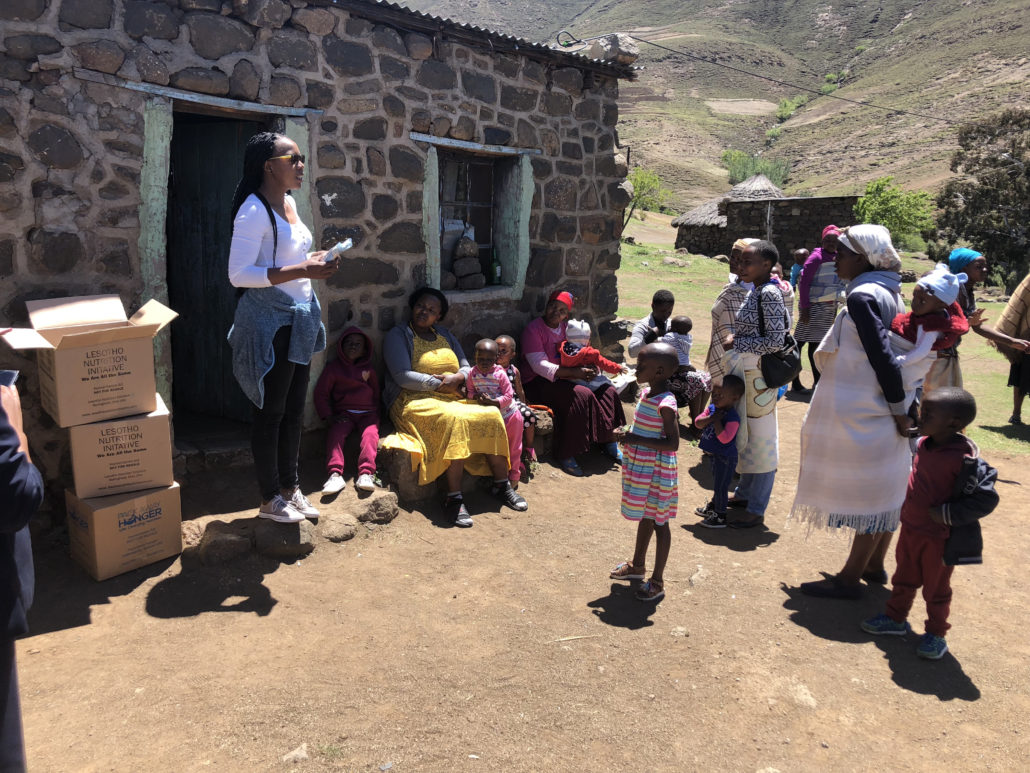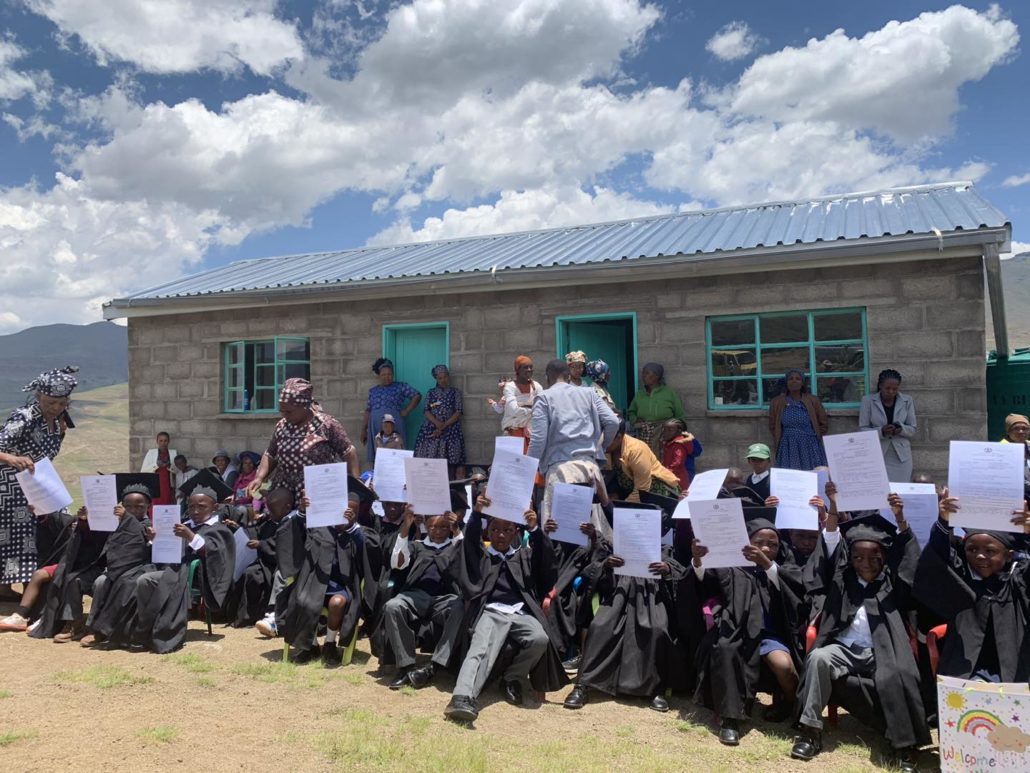Inside TTL
Working in the Mokhotlong district of Lesotho since 2004, TTL is dedicated to helping orphaned and vulnerable children affected by HIV/AIDS and malnutrition. Staffed and managed locally by Basotho, TTL supports clients in some of the most remote areas of the country. We are committed to saving as many lives as possible, one child at time.
With national HIV rates hovering around 24% (the second highest in the world) and significantly high TB rates (around the fourth highest in the world), Lesotho is at the epicenter of the global HIV pandemic. The effects of these diseases are vast, often resulting in health complications such as malnutrition and an impaired ability to fight off even common illnesses. These effects are most evident in the youngest generation – specifically, those under the age of five.
Basotho children are at the heart of those impacted by the pandemic’s medical, economic, and socio-cultural factors. AIDS is the leading cause of death in the country and there are an estimated 8,690 children age 0-14 living with HIV in Lesotho. Another estimated 100,000 children are AIDS-related orphans. And, even more face nutritional deficiencies as an indirect result of a family member’s illness. TTL responds to the crisis by providing holistic care to vulnerable, Basotho children and their families.
TTL employs a unique model consisting of two in-depth and integrated programs: Outreach and the TTL Safe Home. Meet the incredible team that manages TTL here.
The Safe Home

Sometimes the Outreach Team encounters children too sick to remain at home to receive the treatment they need to survive and thrive. In the spirit of our earliest days, TTL operates a temporary Safe Home for the most critically malnourished children to recover by receiving developmental support until they are healthy enough to be reunited with their families.
An extraordinarily committed team of local, female caregivers staff the Safe Home, attending to each child’s needs all day, every day. Their responsibilities include: providing regular meals, changing diapers, managing medications, attending doctor’s appointments, and providing constant attention and support.
Most children admitted to the Safe Home are identified by our Outreach workers who either encounter them during routine village visits or through referrals made by an ever-growing network of Village Health Workers, chiefs, local organizations, and hospital or clinic staff.
TTL takes immense pride in how rapidly and effectively our Safe Home care procedures work. Children in the Safe Home stay, on average, three to four months. Those who face additional complicating factors often require longer stays; TTL continues to provide high-quality care and developmental support to these children to ensure their well being. When children in the Safe Home are well enough to return to their families, TTL continues to support them through our Outreach Program, where their progress will be monitored by regular, monthly follow-up visits.
Outreach

Our Outreach Program is at the core of TTL’s service model. Every day, Outreach workers visit a vast network of remote villages throughout the Mokhotlong district providing regular follow-up support to existing clients and identifying new clients in need, particularly in relation to HIV/AIDS, TB, and other critical health complications.
TTL’s Outreach Team accurately identifies serious illness and malnutrition by utilizing key tools such as the World Health Organization’s assessments of a child’s height, weight, and middle upper-arm circumference (MUAC). We travel to areas no one else does to provide a wide array of services including: nutritional support, education, medical support, assistance with transportation to clinics and hospitals, and child developmental support.
This program provides the necessary resources to allow children to remain in the care of family members, reinforcing the family bond and helping to prevent the establishment of permanent care facilities, such as orphanages.
The Outreach Team, in previous years, has also lead a Village Health Workers (VHW) Program to meet community needs and identify children at risk.
Early Childhood Development

In rural Mokhotlong where TTL works, Early Childhood Development (ECD) schools are often neither accessible, nor available. The Lesotho Ministry of Education requires children to receive an early childhood education, but does not provide any sort of funding for children under five to attend these schools, placing the burden of funding entirely on parents, caregivers, and community members. Schooling during this time is imperative, as research has shown that the first five years of life are the most crucial time for cognitive development.
Access to early childhood education not only serves as a pathway toward greater learning, but in some cases has been shown to reverse some of the negative effects of issues such as poverty or malnutrition. TTL partners with the Ministry of Education, providing support to ECD schools through early childhood development training for teachers, general health and nutrition services, and by providing additional educational resources to create a conducive learning environment.
TTL takes a holistic approach to enhancing this education by working directly with the schools to provide monthly health check-ups, meal assistance, and educational resources. With this program, TTL fosters community development and early childhood education by improving access to education in rural Lesotho, empowering community members, and providing access to health and nutrition services for children under five.
